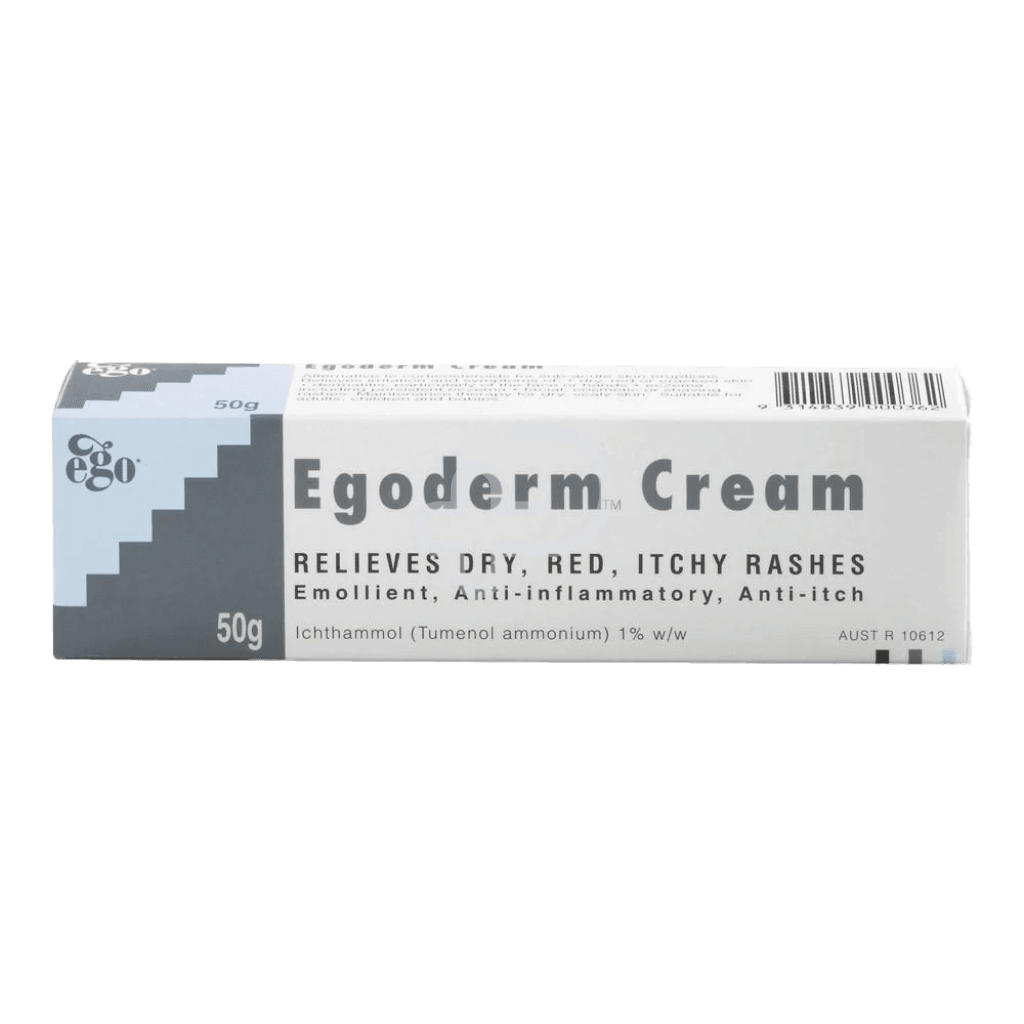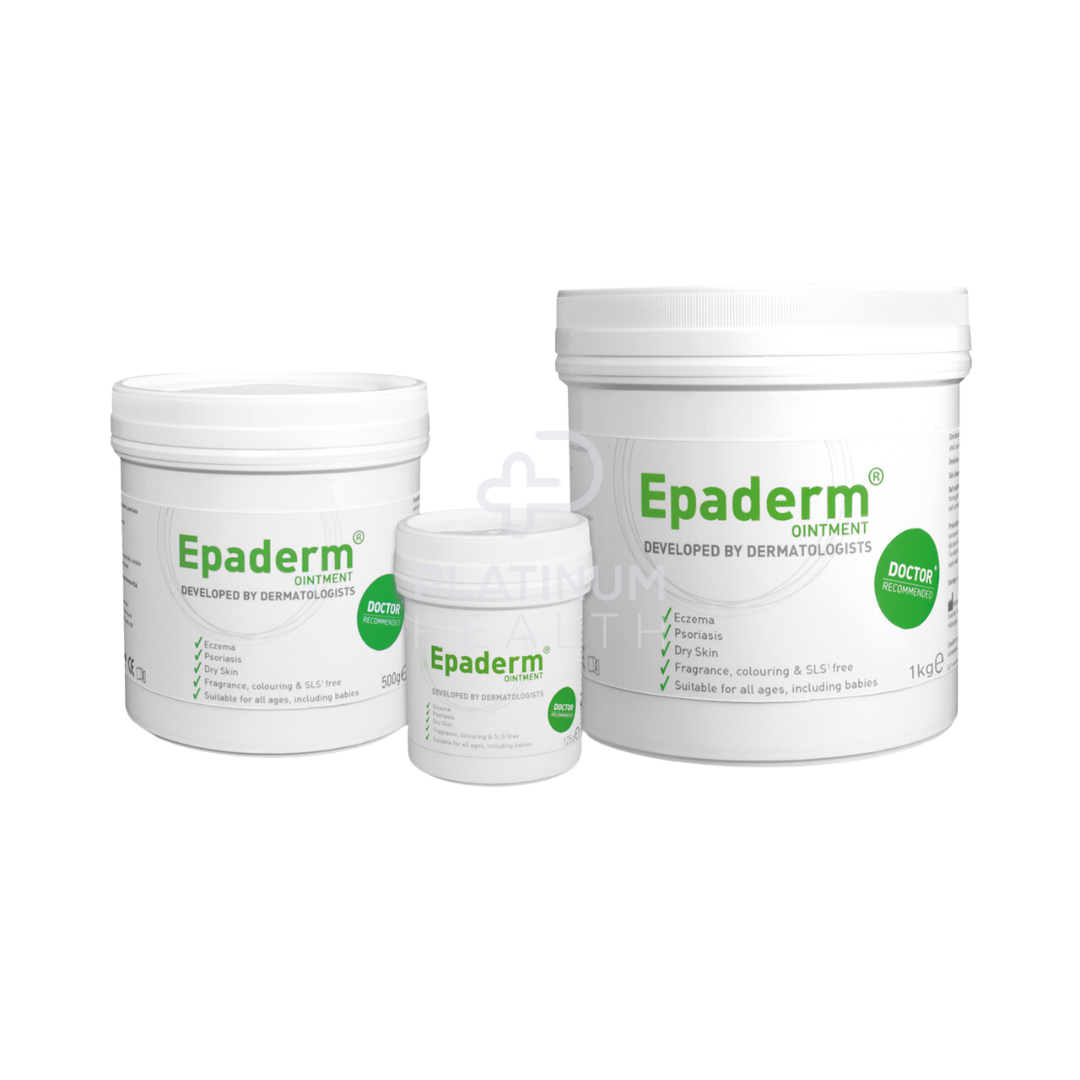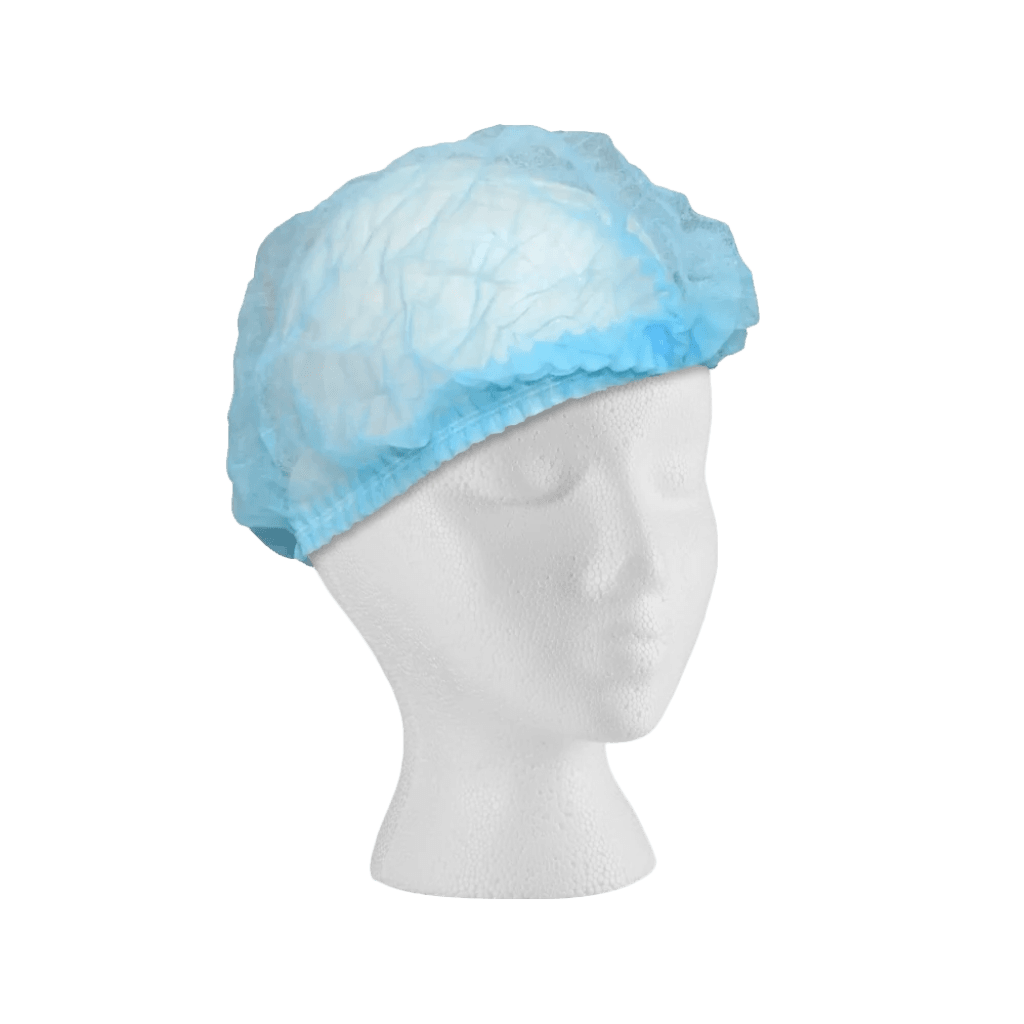Eczema on the Scalp: Symptoms, Triggers, and Gentle Relief Options

Whether it’s your scalp that’s driving you mad, or you’re caring for a child, parent, or loved one dealing with it, the signs can be hard to miss: constant itching, stubborn flaking that isn’t regular dandruff, or even sore patches that don’t go away no matter what shampoo you try.
The tricky part? A lot of everyday hair products only make things worse — stinging, drying, or irritating already sensitive skin.
The good news? There are gentle ways to calm the itch, reduce the flaking, and get things back under control — without having to jump straight to steroid creams or complicated routines.
What Is Scalp Eczema and What Does It Look Like?
Scalp eczema is one of those things that can sneak up on you. One week it’s a bit of flaking, the next you’re scratching like mad, your scalp feels tight or sore, and you're wondering if it's dandruff, dry skin — or something else entirely.
So, what exactly is scalp eczema?
Scalp eczema is a form of eczema (aka dermatitis) that causes inflammation of the skin under your hair. It’s most commonly linked to a type called seborrheic dermatitis — and according to the Mayo Clinic, it’s triggered by an overgrowth of yeast that lives naturally on our skin, plus things like stress, weather changes, or even hair products.
The National Eczema Society notes that it’s especially common in adults and teens, and may flare up alongside other skin conditions like psoriasis or rosacea.
Here’s what it usually looks and feels like:
- Persistent itching — the kind that gets worse the more you scratch
- Red or inflamed patches on the scalp (sometimes hidden under hair)
- Dry flakes or greasy yellowish scales that look like dandruff but don’t go away with normal anti-dandruff shampoo
- Burning or stinging sensations when using shampoo, conditioner, or other hair products
- Crusting or raw patches, especially after scratching
According to Healthline, people often confuse scalp eczema with regular dandruff — but if flakes are combined with itchiness, inflammation, or skin sensitivity, it’s likely something more.
And for kids or babies, it might show up as cradle cap — thick, crusty patches that stick to the scalp and are hard to shift.
Is It Contagious?
Nope — scalp eczema isn’t contagious. You can’t catch it or pass it on. But it can be persistent and tricky to manage without the right care, especially during flare-ups.
What Tends to Trigger Scalp Eczema (And How to Prevent Them)
Scalp eczema doesn’t always play fair. One day your scalp’s doing fine, the next it’s flaky, itchy, and throwing a tantrum for no clear reason. But here’s the thing — there are patterns. And knowing what tends to set it off can help you stay one step ahead.
Let’s look at some of the most common scalp eczema triggers and what you can do to stop them in their tracks.
1. Harsh Hair Products
Many off-the-shelf shampoos and conditioners contain ingredients that strip natural oils, irritate sensitive skin, or mess with your scalp’s pH. Fragrances, sulfates, and alcohol-based products are major culprits.
According to Eczema.org, harsh surfactants and preservatives in shampoos can worsen inflammation and flaking in people with scalp eczema.
How to prevent it:
- Use soap-free, fragrance-free, and pH-balanced shampoos
- Avoid anything labelled "clarifying" or “deep-cleaning”
- Choose formulas designed for sensitive or eczema-prone skin
- When in doubt, patch test first
2. Weather Changes (Especially Cold, Dry Air)
Seasonal shifts — especially dry winter air or sudden drops in temperature — can dry out the scalp and trigger eczema flare-ups. On the flip side, humidity and sweat in summer can also cause irritation.
How to prevent it:
- Keep the scalp moisturised with gentle, non-comedogenic products
- Use a humidifier in winter to combat dry indoor air
- Wear hats in cold or windy conditions — but choose breathable materials
3. Stress
Yep — stress doesn’t just mess with your mood, it can worsen inflammatory skin conditions like eczema, according to the Mayo Clinic. Even short bursts of tension can bring on a flare-up.
How to prevent it:
- Try gentle, consistent routines (especially around bedtime)
- Practice self-care — even just five quiet minutes a day
- Support your mental health, whether that’s with journaling, walking, or speaking to someone
4. Irritating Foods or Allergens
While food isn’t the main cause of scalp eczema, some people notice flare-ups linked to certain triggers like dairy, gluten, or highly processed foods — especially if they also have eczema elsewhere on the body.
How to prevent it:
- Keep a food and flare-up diary to track patterns
- Focus on anti-inflammatory foods (like leafy greens, oily fish, and whole grains)
- If symptoms persist, speak to a GP or dietitian about allergy testing or elimination diets
5. Not Rinsing Properly (or Overwashing)
It might seem like washing more often would help with flakes — but overwashing or leaving shampoo residue behind can strip natural oils and leave the scalp irritated and tight.
How to prevent it:
- Wash your hair as needed — not too often, not too little
- Rinse thoroughly with lukewarm water (hot water = irritation)
- Don’t layer multiple haircare products unless they’re eczema-safe
Scalp-Soothing Solutions That Support Your Routine
Managing scalp eczema isn’t just about the shampoo you use — it’s about creating a care routine that keeps your scalp calm, clean, and protected. From medicated scalp treatments to gentle skin ointments and even protective headwear, here are a few real-world products that can help reduce flare-ups, soothe irritation, and support your day-to-day comfort.
1. Sebitar Scalp Treatment

If regular shampoo makes your scalp scream, this is your gentler alternative. Sebitar is a soap-free, pH-balanced scalp treatment made to relieve itching, inflammation, and flaking caused by seborrheic dermatitis, eczema, and psoriasis. It contains salicylic acid, coal tar, and pine tar — powerful ingredients that help reduce scaling and calm the skin without drying it out.
Why people love it:
- Doesn’t strip natural oils
- Can be used daily if needed
- Eases flare-ups without feeling harsh or clinical
2. Egoderm Cream

For those sensitive, inflamed patches behind the ears, on the hairline, or around the neck, Egoderm’s steroid-free cream offer light, soothing relief. They're ideal for mild eczema flare-ups — especially where the skin feels irritated but doesn’t require prescription-strength treatment.
What to know:
- Ointment is thicker and better for overnight care or dry patches
- Cream is lighter and easier for daytime use
- Both are steroid-free and gentle on sensitive skin
3. Epaderm Ointment

This multipurpose emollient can be used as a moisturiser, skin barrier, or bath additive — making it a go-to for people with chronic eczema. For scalp eczema, it works well around the hairline or ears to lock in moisture and prevent cracking or irritation from dryness.
Why it helps:
- Simple, fragrance-free formula
- Creates a barrier against irritation
- Gentle enough for daily use
4. Ultra Health Disposable Crimped Cap

While it’s not a treatment, these lightweight, non-woven disposable caps come in handy when applying scalp treatments or ointments and want to avoid product transfer onto pillows, clothes, or furniture. They also help keep the scalp clean when you're outdoors or in dusty environments that might trigger a flare-up.
Great for:
- Wearing overnight after applying ointment
- Keeping treatments in place
- Avoiding irritation from sweat, dust, or pollutants
When to Get Help (and Where to Find It)
Scalp eczema can usually be managed at home — but there are times when it’s best to check in with a health professional. If you're seeing any of the following, it's worth getting extra support:
- The itching or flaking is getting worse, not better
- You notice cracking, bleeding, or signs of infection
- Your usual routine suddenly stops working
- A child, elderly person, or someone with a disability is affected and struggling with symptoms
- You’re unsure if it’s eczema or something else (like psoriasis or a fungal infection)
Start by seeing your GP or dermatologist, who can help you get a proper diagnosis and recommend treatment options tailored to your situation.
Support & Funding
You may also be eligible for help covering the cost of scalp care products if you're receiving support through:
- NDIS – Participants with complex skin or hygiene needs may be able to claim emollients, scalp care products, and protective wear under their plan
- My Aged Care – For older Australians receiving home care, products related to hygiene, comfort, and skin care may be included in care packages
- Healthdirect Australia – Call 1800 022 222 to speak with a registered nurse for general advice, 24/7
If you're not sure whether a product from this blog is claimable under your plan, feel free to visit our Funding Programs Guide or speak to your plan manager or care coordinator.
You Don’t Have to Just “Put Up With It”
Living with scalp eczema — or caring for someone who is — can be frustrating. But you’re not alone, and you’re not stuck with it. With the right knowledge, a few gentle products, and a bit of trial and error, things can get better.
Whether you're managing mild flakes or stubborn flare-ups, we’re here to help you build a routine that works — without the stress or the sting.
Need support choosing the right scalp care products?
Explore our curated collection of soap-free shampoos, soothing ointments, and eczema-friendly accessories online at Platinum Health Supply, or…
📍 Visit our Epping showroom:
Unit 2/51 Trafalgar Road, Epping VIC 3076
Open Monday to Friday: 9:00 AM – 5:00 PM
Come in, have a chat, and let us help you find what feels right — because every scalp deserves comfort, and every carer deserves clarity.
Important Disclaimer
This blog is intended for general informational purposes only. It does not replace medical advice, diagnosis, or treatment from a qualified healthcare professional.
Always consult your GP, pharmacist, or dermatologist if you have concerns about a new or ongoing skin condition. While many cases of scalp eczema can be managed with over-the-counter products and gentle routines, severe or persistent symptoms may require prescription treatment or further investigation.
